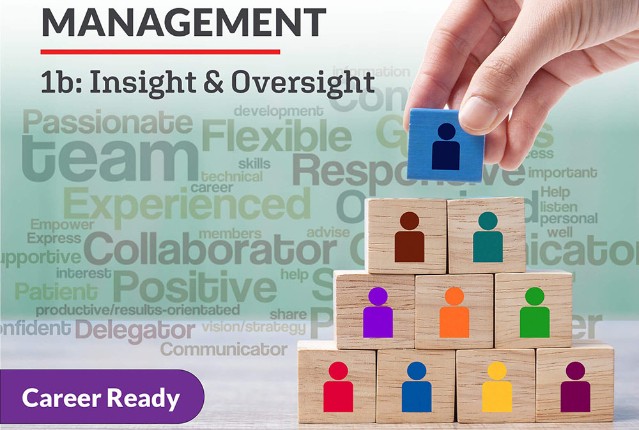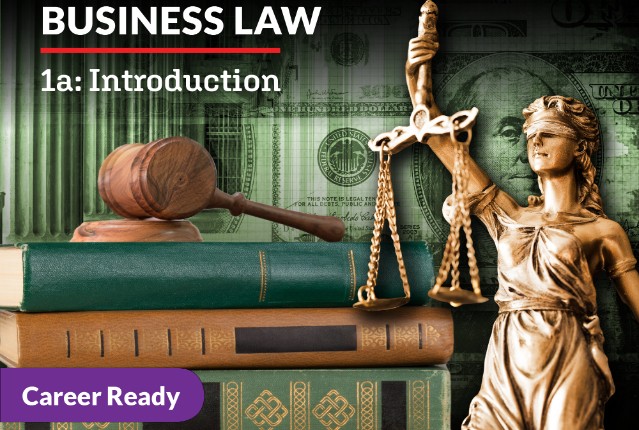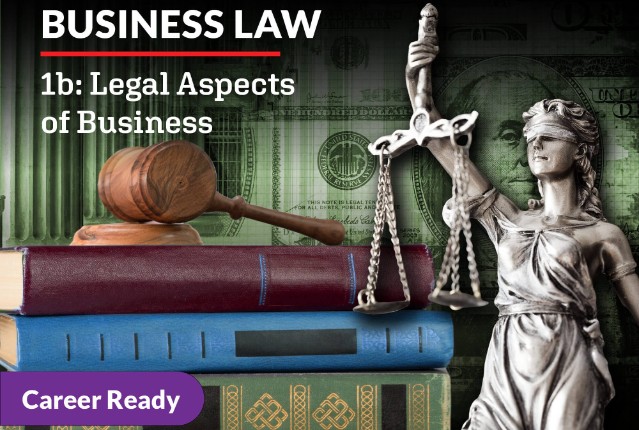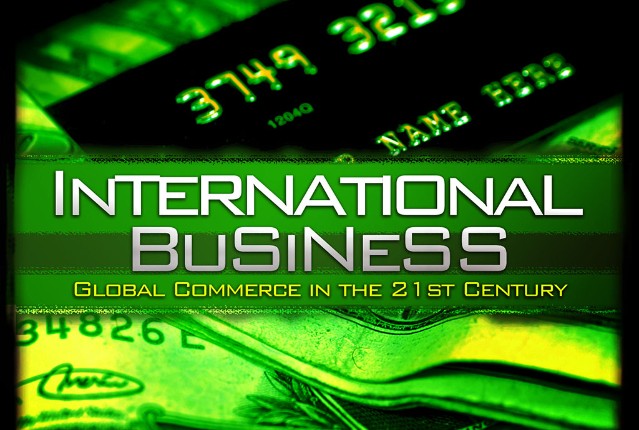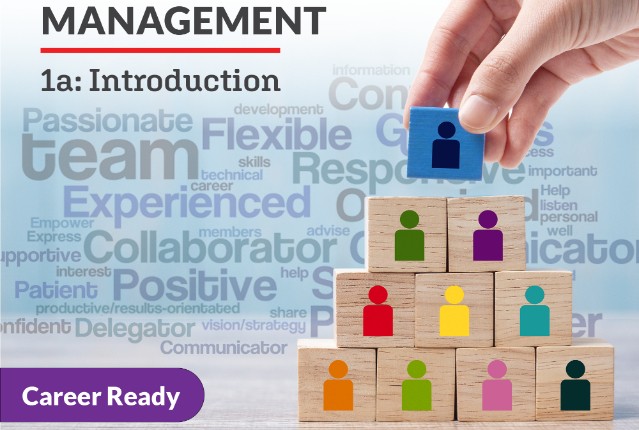In this unit, you will learn about business law and why it’s critical not only that you follow the letter of the law, but also that you strive to create a spirit of compliance in your organization. First, you’ll learn how a proactive legal strategy means integrating legal counsel into the decision-making for your business. Next, you’ll learn what makes a valid and enforceable contract, the types of contracts, and how contracts are upheld. This will lead to a discussion of employment law, including laws protecting employee safety and prohibiting discrimination, how unions work, and when strikes are legal. Finally, you’ll learn about acquiring the licenses and permits your business needs to operate legally, ensuring customer and employee safety to avoid lawsuits, and complying with legal safeguards for consumers.
What will you learn in this unit?
- Identify the types of business law, the provisions of particular laws, and the roles of specific government agencies
- Evaluate legal strategies for compliance with laws regulating business
- Analyze the elements and types of contracts and how they are enforced
- Differentiate the types of employees and explain the role of unions
- Acquire the necessary licenses and permits, avoid lawsuits through safety measures, and comply with consumer safeguards
